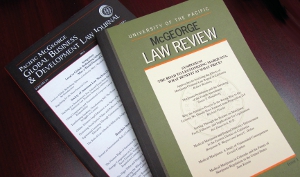Ordinary Meaning and Empiricism
Document Type
Article
Publication Date
2019
Abstract
Statutory interpretation involves an interpreter determining the meaning of the text on the basis of various interpretive tools, all of which relate to the meaning of the words and their composition in light of the relevant context. Recently, with the increasing availability of scientific research tools such as corpus linguistics, advocates of such methods have stressed that statutory interpretation is an 'empirical' inquiry. These claims fail to appreciate the contribution that context makes to meaning, both within and outside of law. Determinants of legal meaning must all relate in some way to the context of the relevant statute, whether the connection is to its language or the circumstances surrounding its enactment. Courts give (sometimes conclusive) weight to the statutory text, which implicates the systematicities of language and constrains the interpretations available to judges. Nevertheless, the ineliminably contextual nature of language, along with such legal features as the necessity of framing the interpretive inquiry in terms of an idealized interpreter, reveal legal interpretation to be a discretionary process, which should negate any claim that the determination of the meaning of a statute is primarily, or even largely, an empirical issue.
Publication Title
Statute Law Review
ISSN
0144-3593
Volume
40
Issue
1
DOI
10.1093/slr/hmy028
First Page
13
Last Page
24
Recommended Citation
Brian G. Slocum,
Ordinary Meaning and Empiricism,
40
Statute Law Review
13
(2019).
Available at:
https://scholarlycommons.pacific.edu/facultyarticles/400



